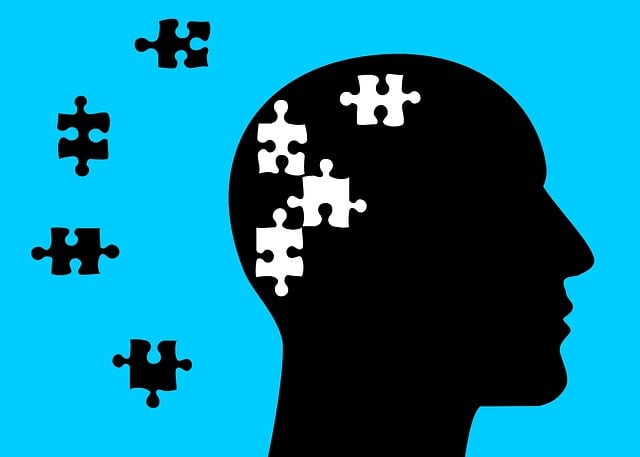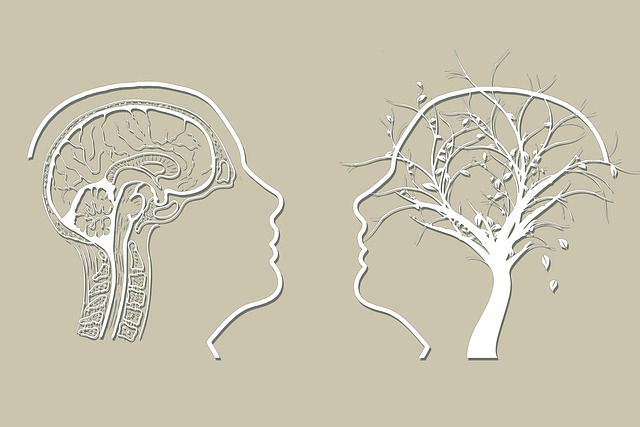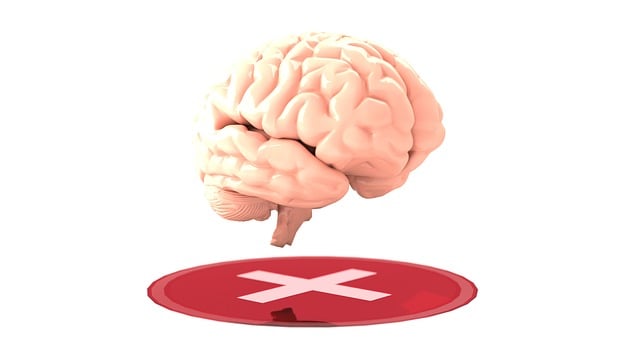Anxiety, a common stress response, becomes problematic when persistent and intense, impacting daily life. Recognizing physical and mental symptoms is crucial for managing anxiety effectively, especially during life transitions like divorce. Factors contributing to anxiety include trauma, genetics, brain chemistry, and environmental stress. Littleton Divorce Therapy offers Cognitive Behavioral Therapy (CBT) and mindfulness practices to challenge negative thought patterns, manage legal/financial stresses, promote self-compassion, and improve communication strategies. Lifestyle changes, such as exercise, diet, and sleep, combined with mindfulness meditation, support anxiety management. Public awareness campaigns reduce stigma, encouraging early intervention and fostering a healthier society where individuals feel empowered to seek mental health support, like Littleton Divorce Therapy, for effective anxiety relief.
Anxiety is a common struggle, but managing it effectively can lead to a calmer, happier life. This comprehensive guide explores various techniques to combat anxiety, from understanding its symptoms and causes to powerful therapeutic approaches like Cognitive Behavioral Therapy (CBT). Discover mindfulness practices for mental peace, lifestyle changes to reduce anxiety, and the supportive resources available, including Littleton Divorce Therapy, offering healing and guidance tailored to your needs.
- Understanding Anxiety: Symptoms and Causes
- Cognitive Behavioral Therapy (CBT): A Powerful Tool
- Mindfulness Practices for Calming the Mind
- Lifestyle Changes to Reduce Anxiety Levels
- Supportive Resources: Seeking Help and Healing with Littleton Divorce Therapy
Understanding Anxiety: Symptoms and Causes

Anxiety is a normal human response to stress and uncertainty, but when it becomes excessive and persistent, it can significantly impact daily life. Recognizing the symptoms is essential in managing anxiety effectively. Physical manifestations may include rapid heartbeat, sweating, trembling, or shortness of breath. Individuals might also experience intellectual and emotional symptoms such as persistent worry, difficulty concentrating, restlessness, or a sense of impending doom. Understanding these signs is crucial for those seeking Littleton Divorce Therapy, as anxiety often arises during life transitions, including major relationship changes.
Various factors contribute to the development of anxiety disorders. Traumatic events, genetic predisposition, brain chemistry imbalances, and environmental influences can all play a role. In today’s fast-paced world, chronic stress from work, financial worries, or social pressures can exacerbate anxiety. Mental Health Education Programs Design can empower individuals with knowledge about anxiety, fostering self-awareness and early intervention. Additionally, promoting self-care practices and reducing the mental illness stigma through awareness campaigns can encourage people to seek help, leading to better management and improved overall mental well-being.
Cognitive Behavioral Therapy (CBT): A Powerful Tool

Cognitive Behavioral Therapy (CBT) is a powerful tool for managing anxiety, offering individuals a structured approach to challenge and change negative thought patterns and behaviors. This evidence-based method focuses on the connection between thoughts, feelings, and actions, helping clients to identify and modify unhelpful cognitive distortions that contribute to anxiety and related disorders. By learning to recognize and replace negative thinking with more balanced and realistic perspectives, CBT empowers individuals to regain control over their emotional responses.
In the context of Littleton divorce therapy, CBT can play a crucial role in navigating the complex emotions associated with separation and divorce. This technique supports individuals in managing anxiety related to legal processes, financial matters, and the well-being of children, fostering resilience and adaptability during this challenging period. Additionally, integrating compassion cultivation practices alongside CBT can enhance the therapeutic process, promoting self-compassion and emotional regulation as powerful tools for depression prevention and crisis intervention guidance.
Mindfulness Practices for Calming the Mind

Mindfulness practices have emerged as a powerful tool for managing anxiety, offering individuals a way to calm their minds and regain a sense of control. Through Littleton Divorce Therapy, many have discovered the benefits of mindfulness in navigating the challenges of divorce. This involves focusing one’s awareness on the present moment, observing thoughts and feelings without judgment, and cultivating non-reactivity. By bringing attention to the breath or bodily sensations, individuals can interrupt anxious thought patterns and create a space for greater clarity and emotional balance.
Incorporating mindfulness into daily routines can be as simple as dedicating a few minutes each day to mindful breathing exercises or engaging in activities that encourage present-moment awareness, such as walking or gardening. These practices not only help manage anxiety but also foster self-esteem improvement and enhance communication strategies within the context of Littleton Divorce Therapy. Conflict resolution techniques, often facilitated by therapists, can further benefit from mindfulness, enabling individuals to respond to challenges with more composure and less reactivity.
Lifestyle Changes to Reduce Anxiety Levels

Anxiety levels can be significantly reduced through thoughtful lifestyle changes, especially when supported by Littleton Divorce Therapy. Incorporating regular exercise, a balanced diet, and adequate sleep into your routine can have profound effects on mental health. Physical activity releases endorphins, which act as natural stress and anxiety reducers, while a well-nutritioned body supports brain function and emotional stability. Additionally, prioritizing mindfulness meditation practices has become a powerful tool in managing anxiety. Taking time for mindful breathing exercises or engaging in guided meditations can help calm the mind and foster a sense of peace.
Beyond individual efforts, public awareness campaigns development plays a crucial role in promoting mental health literacy. By raising awareness about anxiety disorders and available resources, such as Littleton Divorce Therapy and resilience-building programs, communities can reduce stigma and encourage those experiencing anxiety to seek support. This collective effort contributes to a healthier society where individuals feel empowered to manage their anxiety effectively.
Supportive Resources: Seeking Help and Healing with Littleton Divorce Therapy

For those navigating the challenges of anxiety, finding supportive resources is a pivotal step towards healing. One such valuable option is Littleton Divorce Therapy, which offers specialized services tailored to address anxiety-related issues. This therapy provides a safe and non-judgmental space for individuals to explore and manage their anxiety effectively. With trained professionals who understand the complexities of anxiety, clients can expect personalized strategies and techniques to cope with stress and regain control over their lives.
Littleton Divorce Therapy recognizes that anxiety often stems from deeper issues, such as past traumas or life transitions. Their comprehensive approach integrates various therapeutic methods, including cognitive-behavioral therapy (CBT) and mindfulness practices, to target the root causes of anxiety. By participating in these sessions, individuals can develop essential skills for managing their symptoms and fostering long-term mental well-being. In a world where public awareness campaigns for mental health are gaining momentum, initiatives like Littleton Divorce Therapy contribute significantly to the development of Trauma Support Services, ultimately aiming to provide Anxiety Relief for those in need.
Anxiety management is a multifaceted journey, encompassing understanding symptoms, exploring therapeutic tools like CBT, adopting mindfulness practices, and making lifestyle adjustments. As discussed, techniques such as those offered by Littleton Divorce Therapy can significantly aid in navigating anxiety’s challenges. Remember that seeking support is a sign of strength, and with the right strategies, managing anxiety is achievable, allowing for a calmer and more fulfilling life.














